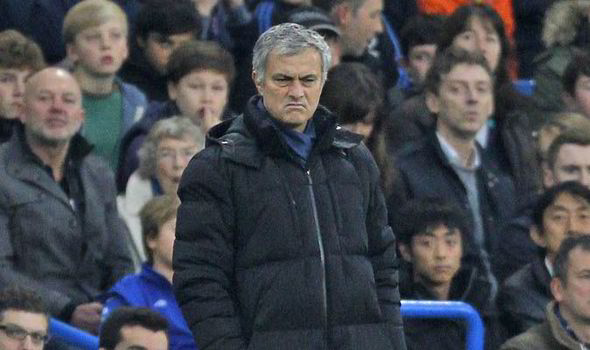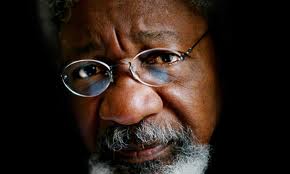The Central Bank of Nigeria (CBN) has increased support for the Nigerian currency naira as it aims to lift naira to near target band.
Naira closed higher on Tuesday for only the second time since it was devalued a week ago as the central bank stepped up interventions to support the currency, which still ended below the bank’s new target range.
As oil prices stay persistently weak around five-year lows, the central bank, which devalued the currency by 8 percent last Tuesday in a bid to halt a decline in foreign reserves, has been struggling to keep the naira within its new band of 160-176 to the dollar.
The naira closed at 181 to the dollar on Tuesday, up 1.7 percent from Monday’s close after recovering from a new record low of 187.55 in early trade.
Dollar sales by oil companies also supported the naira and dealers said the Nigerian currency could gain further as oil companies sell more dollars to fund local obligations. But trade could be volatile and the central bank could still struggle to keep the currency in its new target range if the oil price continues to fall, analysts said.
The naira has lost 12.3 percent versus the dollar this year as the falling oil price weighed on the already shaky finances of Africa’s top oil producer.
Reflecting investor concerns, Nigeria’s share index fell for a second straight day on Tuesday, by 1.1 percent, and the most liquid three-year bond yield rose to 13.63 percent, up 55 basis points as investors sold off debt.
In the currency market, the central bank came in three times to support the naira, dealers said and the most it has intervened since the devaluation, even as some banks were also buying naira ahead of a Treasury bill auction on Wednesday and oil companies were active.
Chinese oil company Addax sold $4.5 million, while Exxon Mobil’s $36 million and Saipem of Italy’s $15 million sales on Monday hit the market on Tuesday.
“We expect the naira to strengthen further … if the central bank continues to intervene this way … coupled with the market expecting large dollar sales from (state-owned oil company) NNPC,” one dealer said.
The central bank’s firepower to defend the naira is limited, however. As the oil price has fallen by around 40 percent since June, Nigeria’s forex reserves were down to $36.8 billion by Nov. 28, from $44.6 billion a year ago.
The central bank failed to meet dollar demand at its twice-weekly auction on Monday when it sold about $169 million dollars at 168 naira versus last week’s rate of 165 naira, dealers said. The bank has typically sold between about $200 million and $300 million at previous auctions.
Oil prices fell below $72 a barrel on Tuesday. Pressure on the naira from lower oil prices risks reigniting inflation – which has recently been stable around 8 percent – just ahead of an election in February when President Goodluck Jonathan is due to seek a second term. Nigeria imports around 80 percent of what it consumes.
Before Tuesday, the naira had fallen since last Tuesday’s devaluation, apart from a brief rise on Thursday, and there are still market doubts about whether the move to devalue went far enough. (Editing by Louise Ireland and Susan Fenton)














